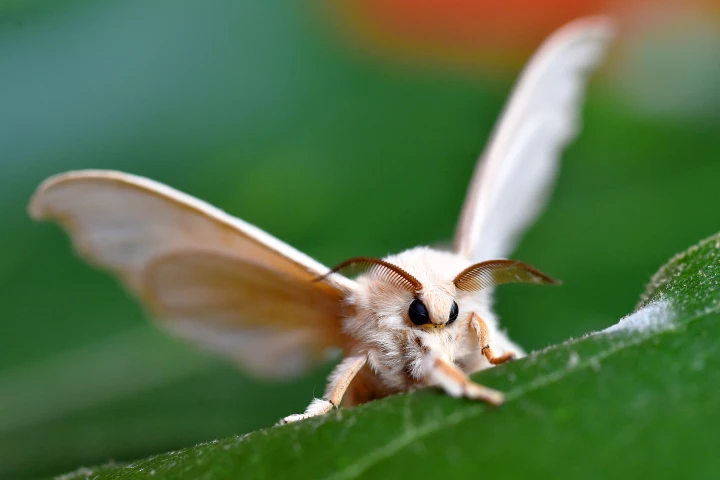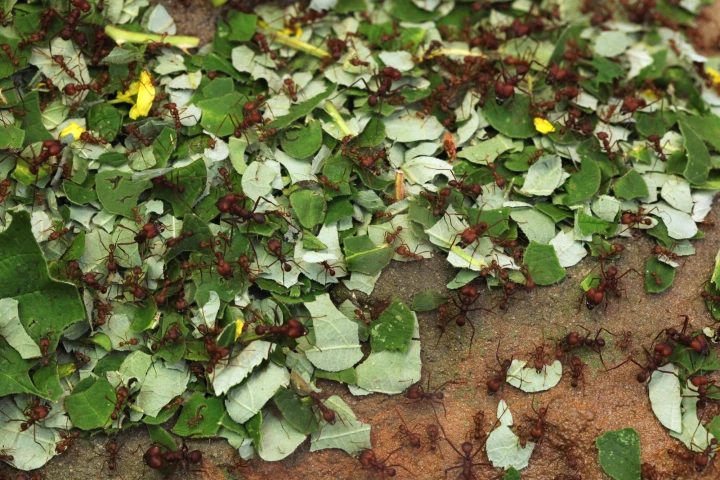University of Sussex
-
It’s easy to forget that most animals don’t see the world the way humans do. In fact, many perceive colors that are invisible to us. But now, for the first time, scientists have found a way to capture footage as seen by animals, and it's mesmerizing.
-
A new study has found that, compared to other sexualities, bisexual people report the worst physical and mental health outcomes. The findings highlight the need for better understanding when it comes to providing healthcare to the LGBTQ+ community.
-
In 1986 it got up close to the Titanic, and now deep-sea explorer Alvin is achieving more world firsts, this time documenting 1.2 miles of new reef featuring live coral that's thousands of years old. Scientists hope it's the first of many to be found.
-
For the first time, UK researchers have used decades of information about sex to calculate a mathematical model for achieving sexual climax. They believe it can help with treating male sexual disorders. Ladies, your formula is coming up next.
-
As far as insects go, moths get a pretty bad rap. But researchers have found that these nocturnal animals are overachieving when it comes to pollinating plants, and encouraging them to stick around in the garden may be more beneficial than you think.
-
Scientists studying plastic pollution in the UK have turned their eye to small land mammals and found traces of the material in more than half the species sampled, with a seemingly equal distribution across locations and even dietary habits.
-
A University of Sussex study has demonstrated how a new type of quantum sensor could help doctors catch neurodegenerative diseases like Alzheimer’s earlier. The scanners precisely detect tiny changes in magnetic fields produced by firing neurons.
-
By making alterations to the underlying structure of the wonder material graphene, scientists at the University of Sussex have extended its capabilities even further to create the tiniest microchips yet.
-
It's a quandary – leafcutter ants cause a great deal of damage to crops, but applying pesticides to those crops harms the environment. Scientists have developed a possible solution, in the form of a high-tech material that uses an odor to trap ants.
-
Disassembling electronics into their various components for recycling is a laborious process, and involves the use of eco-unfriendly solvents. Now, however, scientists have developed a magnetically-deactivated glue that could address these problems.
-
Imagine if you were a spy who needed to receive secret messages while you walked around a crowded room, but you didn't want to wear an earpiece. Well, a cheap new device could help. It's billed as being "the first sound projector that can track a moving individual."
-
A newly-published study has found a link between repeated episodes of anxiety and depression experienced in the first four decades of life, and a decline in memory function by the time a person reaches their 50s.
Load More










